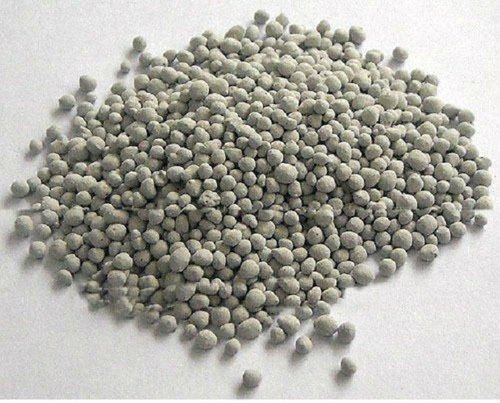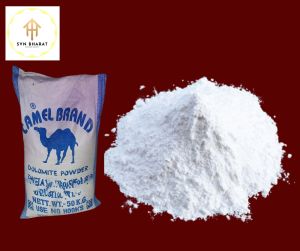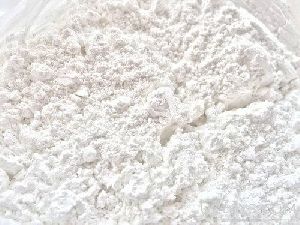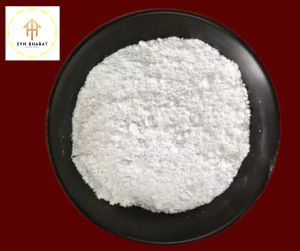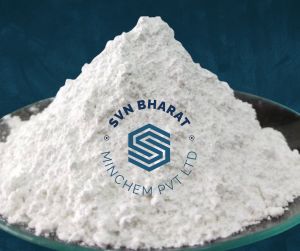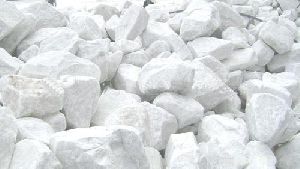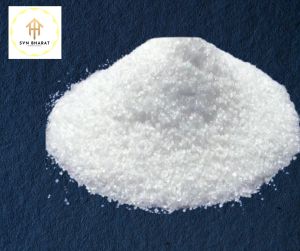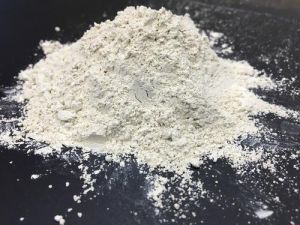svnbharat@hotmail.com - View Mobile Number
- Send SMS Send Email
| Business Type | Manufacturer, Exporter, Supplier, Distributor, Importer |
| Type | Dolomite |
| Shape | Natural |
| Application | Agriculture |
| Click to view more | |
Preferred Buyer From
| Location | India (Except Andaman & Nicobar Islands, Andhra Pradesh, Arunachal Pradesh, Goa, Kerala, Ladakh, Lakshadweep Islands, Meghalaya, Mizoram, Nagaland, Pondicherry, Sikkim, Tamil Nadu, Tripura) & Other Countries ( Bangladesh, Nepal) |
Product Details
Color
Gray, White
Feature
Antibacterial, Fine Finished
Pattern
Plain
Packaging Type
BOPP Bags, Plastic Bags
Packaging Size
50 Kg
Surface Fnishing
Polished
Country of Origin
India
Port
Mundra
Payment Terms
L/C
Delivery Time
3-4 days
Packaging Details
50 Kg. Packing
Product Details:
Agriculture grade dolomite used for soil neutralization/conditioner to correct acidity. It also finds use as filler in fertilizers. The main ingredient is calciumcarbonate, it helps to increase the pH of acidic soils and it provides a good source of calcium for plant. It improves the water penetration for acidic soil. It also contains MgCO3 for triggering fast growth of plants.
USES :
•Agricultural grade Dolomite powder used primarily to control acidity(pH) in soils by making them more basic(alkaline).
•Higher mesh (smaller particles) has greater surface area to contact and react with soil particles than larger particles in the same amount (mass) of dolomite powder. To achieve a fine particle size, crushed agricultural grade dolomite is sieved through a series of screens until the required fineness is reached.
•Agricultural grade dolomite also neutralizes soil pH and cuts fertilizer costs by making fertilizer more available to plant roots, so less fertilizer is needed. Fertilizers that contain nitrogen, phosphorous, potassium, and other essential nutrients are more effective in slightly acidic to neutral soils.
•Agricultural grade dolomite boots the performance of certain herbicides. As with fertilizer, modern herbicides are most effective when soil pH is slightly acidic (pH of 6.5) to neutral (pH of 7.0). When soils are more acidic, herbicides attach to soil particles
•Agricultural grade dolomite improves the chemical, biological, and physical conditions of the soil. Water infiltration, drainage, and the healthy growth of beneficial microorganisms are improved by the proper application of dolomite powder, which is a cut down on the amount of fertilizer and herbicides needed and the amount of agricultural runoff produced from them. Dolomite powder can also correct toxic levels of aluminum and manganese that are sometimes found in acidic soils.
Soil neutralization :
•Since liming can stimulate plant growth, it is important to also fertilize limed soil. This insures that all of the nutrients used by the plants for growth are maintained in the soil for the following year''s growth.
•Soils may also become too basic, or alkaline, especially in areas where there is little precipitation. Substances that can act as acids such as calcium sulfate, also called gypsum (CaSO4), and sulfur (S2) can be applied to the soil for neutralization.
Agriculture grade dolomite used for soil neutralization/conditioner to correct acidity. It also finds use as filler in fertilizers. The main ingredient is calciumcarbonate, it helps to increase the pH of acidic soils and it provides a good source of calcium for plant. It improves the water penetration for acidic soil. It also contains MgCO3 for triggering fast growth of plants.
USES :
•Agricultural grade Dolomite powder used primarily to control acidity(pH) in soils by making them more basic(alkaline).
•Higher mesh (smaller particles) has greater surface area to contact and react with soil particles than larger particles in the same amount (mass) of dolomite powder. To achieve a fine particle size, crushed agricultural grade dolomite is sieved through a series of screens until the required fineness is reached.
•Agricultural grade dolomite also neutralizes soil pH and cuts fertilizer costs by making fertilizer more available to plant roots, so less fertilizer is needed. Fertilizers that contain nitrogen, phosphorous, potassium, and other essential nutrients are more effective in slightly acidic to neutral soils.
•Agricultural grade dolomite boots the performance of certain herbicides. As with fertilizer, modern herbicides are most effective when soil pH is slightly acidic (pH of 6.5) to neutral (pH of 7.0). When soils are more acidic, herbicides attach to soil particles
•Agricultural grade dolomite improves the chemical, biological, and physical conditions of the soil. Water infiltration, drainage, and the healthy growth of beneficial microorganisms are improved by the proper application of dolomite powder, which is a cut down on the amount of fertilizer and herbicides needed and the amount of agricultural runoff produced from them. Dolomite powder can also correct toxic levels of aluminum and manganese that are sometimes found in acidic soils.
Soil neutralization :
•Since liming can stimulate plant growth, it is important to also fertilize limed soil. This insures that all of the nutrients used by the plants for growth are maintained in the soil for the following year''s growth.
•Soils may also become too basic, or alkaline, especially in areas where there is little precipitation. Substances that can act as acids such as calcium sulfate, also called gypsum (CaSO4), and sulfur (S2) can be applied to the soil for neutralization.
Looking for "Dolomite Mineral Granules" ?
Metric Ton

